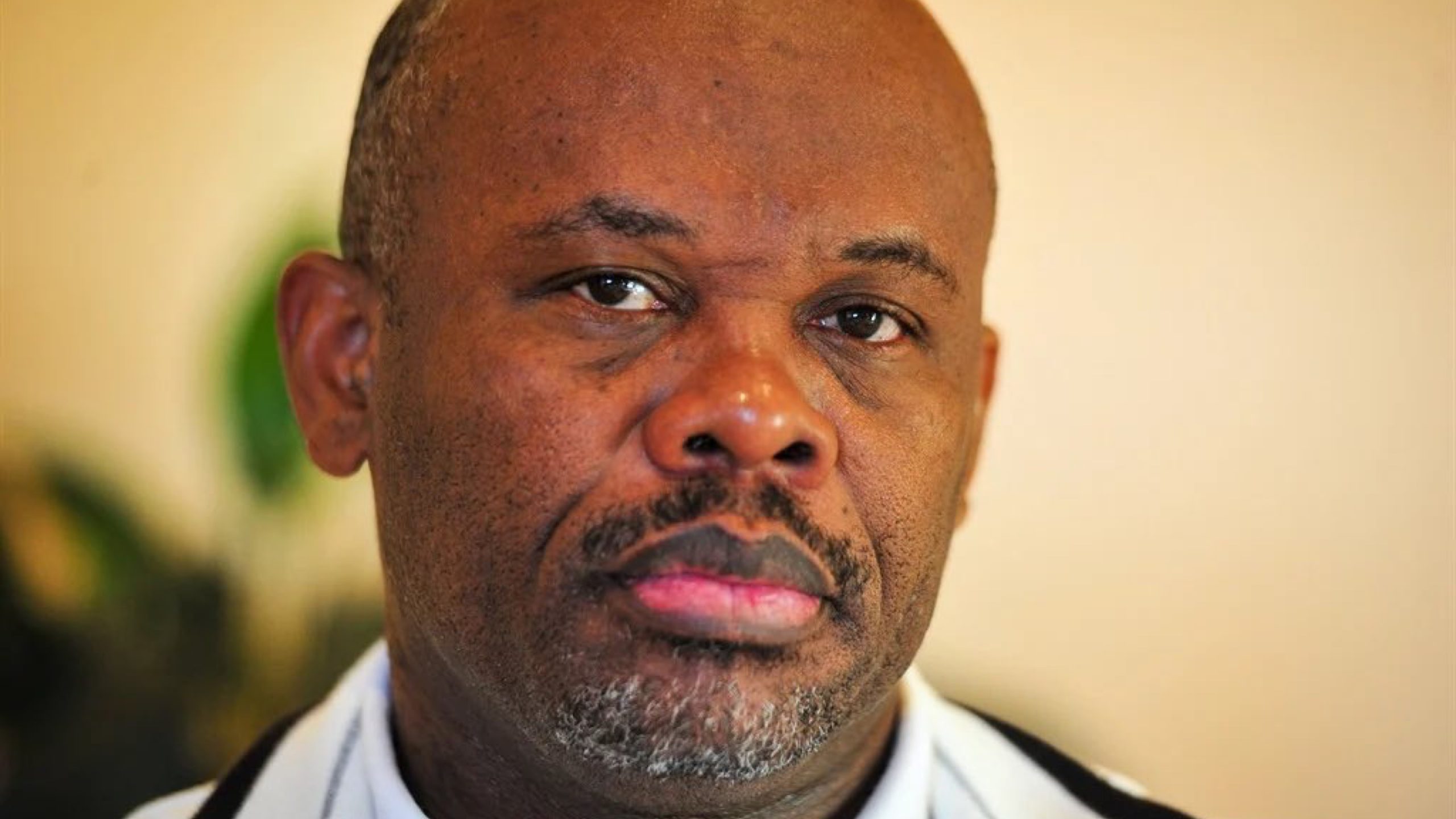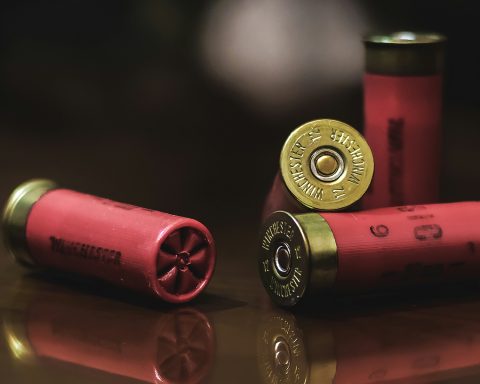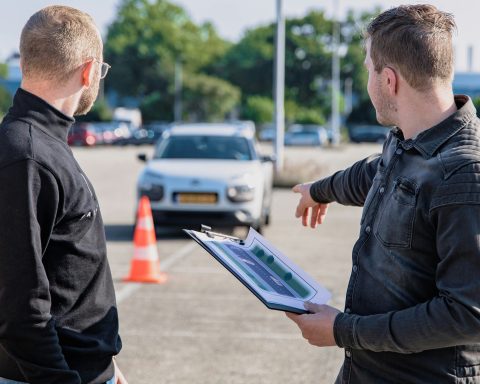Lieutenant-General Nhlanhla Mkhwanazi, KwaZulu-Natal’s police commissioner, accused Brigadier Phindile Sibiya of mishandling investigations into political violence, including the 2022 assassination of ANC councillor Siyabonga Mkhize. As a result of these accusations, Sibiya was told to step aside.
As a result, SAPS leadership told Sibiya to step aside from his role as head of the political killings task team. Mkhwanazi claims Sibiya obstructed probes and protected certain individuals, which has intensified tensions within the South African Police Service (SAPS).
Rogue Unit Claims Intensify Tensions
Moreover, Mkhwanazi alleges Sibiya operated a rogue investigation unit without proper oversight, effectively sidelining him from critical operations. This internal conflict raises serious questions about accountability within KwaZulu-Natal’s law enforcement.
For instance, Brigadier Athlenda Mathe, SAPS spokesperson, confirmed that authorities directed Sibiya to step aside for a leave of absence while they investigate. This decision highlights the deep rift among high-ranking officials.
National Security Concerns Raised
Consequently, President Cyril Ramaphosa described Mkhwanazi’s claims as a grave national security concern. He actively urged swift action to resolve the internal conflict and rebuild public trust in the police.
Since KwaZulu-Natal faces rising political violence, the allegations against Sibiya, who authorities told to step aside, amplify the urgency of addressing these issues promptly.
Public Debate and Investigations
Furthermore, Sibiya’s directive to step aside has ignited widespread public debate, with the phrase “Sibiya told to step aside” trending across South Africa.
This situation exposes deep divisions within SAPS, particularly in managing politically sensitive cases. In addition, Mkhwanazi’s accusations point to systemic issues, such as potential interference by senior officials, further complicating the crisis.
Broader Implications for SAPS
So far, SAPS has not clarified whether disciplinary action awaits Sibiya, whom authorities told to step aside. However, the ongoing investigation will likely examine over 600 case dockets linked to political killings since 2018. Ultimately, the outcome could transform public trust in KwaZulu-Natal’s police and shape national security policies moving forward.
A Call for Transparency
In conclusion, this internal conflict reveals significant challenges facing South Africa’s law enforcement. As KwaZulu-Natal grapples with political violence, resolving these allegations against Sibiya, who was told to step aside, remains crucial for ensuring justice and accountability. Therefore, the nation demands transparency from SAPS leadership as the investigation progresses.






